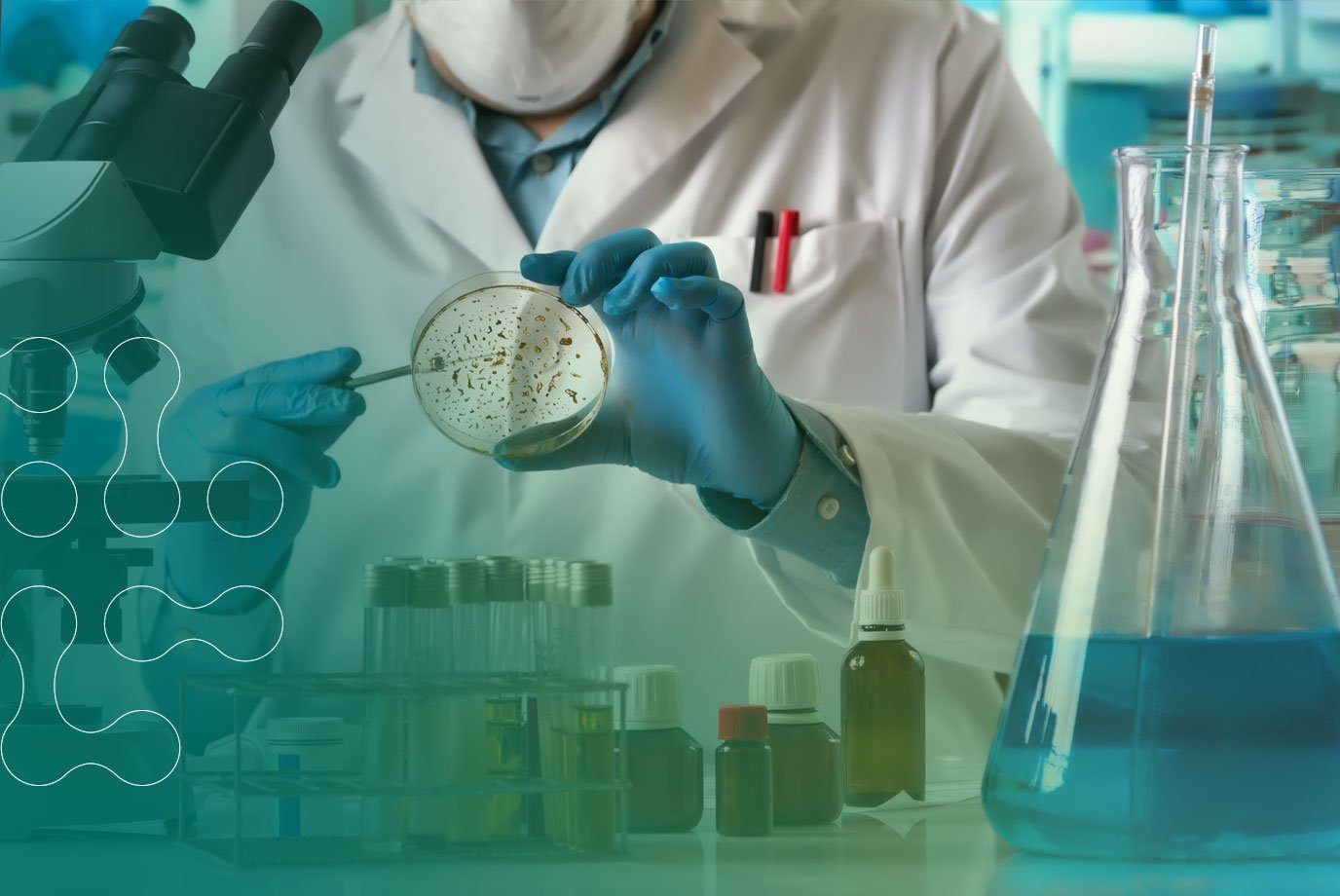Each measure to safeguard public health and well-being from bacteria, viruses, and other unwanted microbes has been in the public spotlight, especially since the recent global pandemic. However, ensuring clean and healthy spaces has been a part of human society for centuries, evolving through various disinfectant products.
To control outbreaks, protect public health, and safeguard the vulnerable, disinfectants are used to kill or inactivate microorganisms on surfaces. In addition to cleaning, many high-risk and high-traffic areas require an additional layer of protection to prevent the spread of illness and contamination, and that is where disinfection products are crucial.
This process has long been mandatory in institutions such as hospitality, healthcare, and education. However, since the pandemic, there has been a heightened societal emphasis on clean and disinfected spaces. Increased public awareness about the consequences of diseases in various settings has created a significant market demand for disinfection products. In fact, the global surface disinfection market was valued at £4.56 billion in 2023 and is expected to grow at a rate of 7.2% by 2030.
How are Disinfectants Regulated in Great Britain and Europe?
To safeguard public health and ensure that disinfection products deliver on their promises, the UK has legislative systems in place that disinfectant manufacturers and suppliers must adhere to. These regulations primarily ensure that products are safe, but also that they are effective and that companies are not merely profiteering from any given situation.
In Great Britain, disinfectants, along with all other biocides, are regulated by the GB Biocidal Products Regulation (GB BPR). Effectively, following our departure from the European Union, the existing EU Biocidal Products Regulation (EU BPR) was copied into GB law to form GB BPR and the Health & Safety Executive (HSE) is the Competent Body responsible for administering and enforcing it. In Northern Ireland, along with Southern Ireland and all EU Member States, biocides continue to be regulated by the EU Biocidal Products Regulation (EU BPR).
What Must Happen for a Disinfectant or Other Biocidal Product to be Placed on the GB Market?
A key aspect of UK BPR is that a biocidal product (for example a surface disinfectant spray) must be authorised under UK BPR before it can be placed on the UK market, but before this can happen, the active substance(s) it uses or generates (for example lactic acid or hypochlorous acid), must be approved under UK BPR for that product type. There are 22 product types under UK BPR, split into 4 main groups, with “Main Group 1 – Disinfectants” being most applicable to this article.
To gain approval for a new biocidal active substance under UK BPR, an application must be made to the HSE, which requires a considerable financial commitment, with costs of around £160,000 even before the cost of generating the required efficacy and safety data. There is also a simplified process for active substances that are of lower concern. Following initial checks and validations, the HSE will evaluate the application to assess health and environmental risks, intended use and efficacy, and ultimately recommend whether the active substance should be approved.
Interested parties can check the status of the active substance(s) concerned on the HSE’s “GB List of Active Substances”. There are of course, many biocidal active substances already on these lists, most of which carried over from EU BPR. Importantly, if any active substances are listed as “Under Review” for the correct product type and any other active substances present are listed as “approved”, “open invitation” or “notified”, products containing the relevant active substance(s) may be made available on the UK market, subject to other BPR rules and provided an application for product authorisation is made by the date of approval of the last active substance concerned. There are a number of possibilities for the status of active substances on the GB Active Substances List, which dictate whether or not products containing those active substances may or not be placed on the GB market and whether product approval is required to do so. The list is available on the HSE website.
Otherwise, once an active substance has been approved and appears on the List of Active Substances list an application can be made to the HSE for product approval under GB BPR. There are a number of options available here, from those for single products, product families and again, a simplified authorisation route for products of lower concern. This is not as expensive as approval of active substances, with typical costs of £15,000 to £35,000, but again the costs of generating the required supporting data need to be considered.
Another requirement of GB BPR is that active substances are sourced from a supplier that is on the relevant GB Article 95 list for a particular product type. The Article 95 list is made up of companies, or their UK representatives, who have supported active substances through GB or EU BPR, and / or have applied for approval. If the supplier is not on the GB Article 95 list, products containing the relevant active substance(s) cannot be placed on the GB market.
Once a product has been authorised it will appear on the UK list of authorised biocidal products and can then be made available on the GB market. Again, this list can be found on the HSE website.
GB BPR also details other requirements for disinfectants and other biocides, including packaging and labelling, advertising, record keeping and notification of unexpected or adverse effects. General chemical and product safety regulations still apply to disinfectants and there may be other national legislation which still applies. This may relate older rules that applied before GB BPR or may apply to particular circumstances – for example any disinfectant used to control an outbreak of a notifiable disease, must be approved by DEFRA (Department for Environment Food & Rural Affairs). Laws concerning similar products such as pesticides, must also be adhered to.
Conclusion
UK BPR is the most significant legislation in play for any company wanting to place a disinfectant or other biocidal product on the GB market, requiring significant financial commitments and resources from suppliers of active substances and finished products. The legislation is complex and several other rules and situations are outside this article's scope. However these rules ensure that disinfectants and other biocidal products do not cause do not harm people, animals or the wider environment. Therefore it is essential that all members of the supply chain comply with UK BPR, carefully examining the requirements along with guidance on the HSE website, and seek professional advice if necessary. Quite rightly, the HSE will enforce infringements of UK BPR which according to severity, can even result in prosecution.




